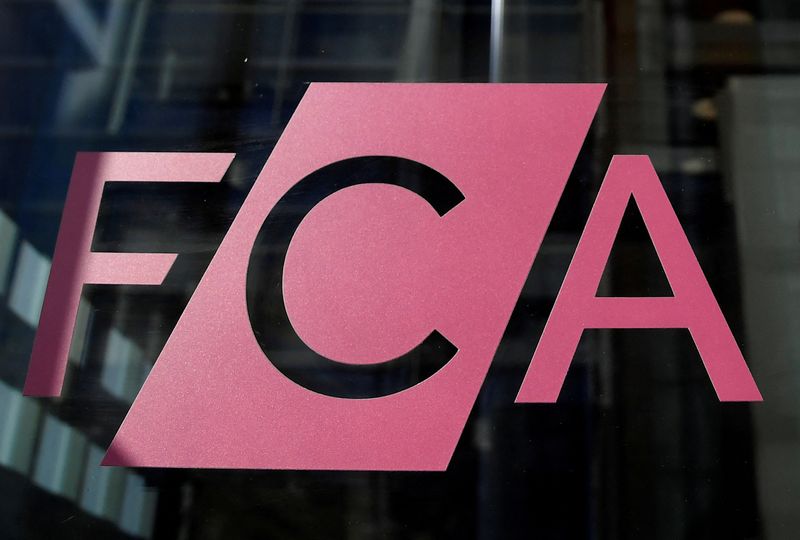By Sinead Cruise
LONDON (Reuters) -Britain's Financial Conduct Authority said on Wednesday it would launch a market study into so-called pure protection insurance product sales, amid fears that the design of some commission structures could lead to poor outcomes for policyholders.
Pure protection products are designed to help individuals and their families manage their finances if policyholders become unable to meet their financial commitments, typically through illness or death.
The study, set to be launched later in 2024/25, will focus primarily on sale of four specific types of products - term assurance, critical illness cover, income protection insurance and some whole of life insurance products offering guaranteed acceptance for customers aged over 50.
The study is the latest example of the FCA's Consumer Duty push, and is likely to evoke memories of the mis-selling of payment protection insurance on loans, or PPI, between 1990 and 2010.
PPI was one of Britain's costliest retail financial scandals, with banks paying out around 40 billion pounds ($52.9 billion) in compensation.
Pure protection insurance products are mainly sold through intermediaries like independent financial advisers or mortgage brokers and around 4 billion pounds was paid out in claims against such policies in 2022, the FCA said.
"Pure protection can offer peace of mind and financial security, often when people are at their most vulnerable. Consumers should be able to buy products which meet their needs and provide fair value," Sheldon Mills, Executive Director of Consumers and Competition at the FCA, said.
"We have seen indications that this may not be the case across the pure protection market and we will act if we find that the market is not working well."

The regulator said it wanted to explore consumers' understanding of the products they are buying, the competitive constraints on insurers and intermediaries, and potential conflicts of interest in the structure of commission.
($1 = 0.7563 pounds)